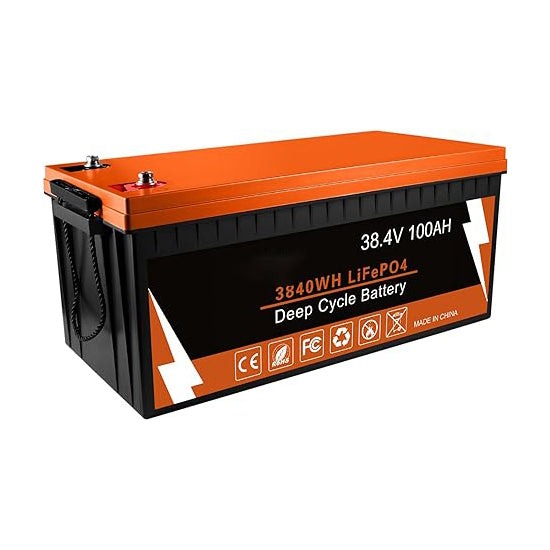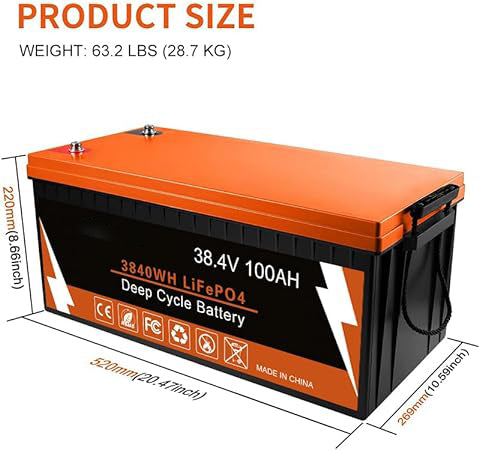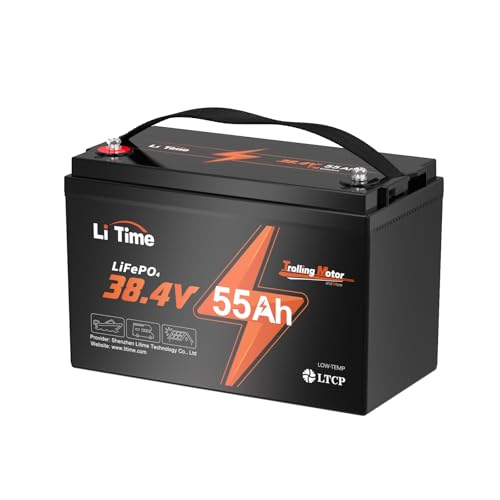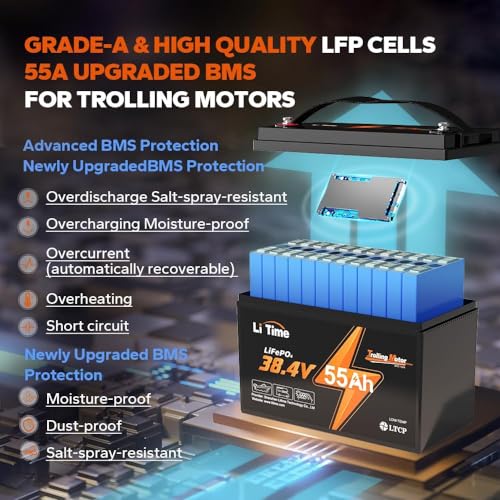Material handling equipment Batteries
Designed for electric forklift trucks, pallet trucks, forklift stackers and other equipment, our material handling equipment batteries feature superior energy density and long cycle life to ensure stable power supply over long periods of time, reducing the frequency of recharging and providing strong support for your operations.
In addition, our batteries are highly compatible with a wide range of equipment and are environmentally friendly and recyclable after use, contributing to sustainable development. When you choose our batteries for material handling equipment, you'll experience an efficient, reliable power solution that will help your business become more competitive.
- Featured
- Best selling
- Alphabetically, A-Z
- Alphabetically, Z-A
- Price, low to high
- Price, high to low
- Date, old to new
- Date, new to old
Recently Viewed Products
FAQ about Material Handling Equipment Batteries
What is lithium battery material handling equipment?
Lithium battery material handling equipment refers to equipment that uses lithium-ion batteries as a power source, such as electric forklifts and electric forklift stackers. These equipments are usually used in warehouses, factories and logistics centers to improve operational efficiency and flexibility.
What are the advantages of lithium batteries for electric forklifts and electric forklift trucks?
High energy density: lithium batteries can store a large amount of energy, providing long-lasting power support for electric forklifts and electric forklift trucks, making them work longer.
High efficiency: Lithium batteries have an electrical efficiency of up to 95%, which can effectively utilize the stored energy and improve the working efficiency of the equipment.
Long life: Compared with traditional batteries, lithium batteries have a longer life, reducing the frequency and cost of battery replacement.
Environmental protection: lithium batteries do not contain toxic substances, the use of the process of environmental pollution, in line with the green production concept of modern enterprises.
Lightweight: lithium batteries are lighter than other types of batteries, making electric forklifts and electric forklifts more lightweight and flexible, easy to operate.
How many volts is a forklift battery?
The voltage specification of forklift batteries varies depending on the brand and model, and is generally categorized into 24V, 48V and 80V specifications. The specific voltage needs to be determined according to the actual demand and configuration of the forklift.
How long does a forklift battery last?
The service life of a forklift battery is affected by a number of factors, including frequency of use, workload, and maintenance conditions. Under standard operating conditions, lead-acid batteries usually last between 2 and 5 years. Lithium-ion batteries, on the other hand, may have a longer service life due to their long-life characteristics. However, the exact service life needs to be evaluated based on actual conditions.
What kind of forklift battery is the safest battery? Lead acid or lithium?
From a safety perspective, both types of batteries have their own characteristics. Lead-acid batteries perform better in terms of safety due to their stability and mature technology. While lithium-ion batteries have the advantages of high energy density and long lifespan, their safety is also a concern. However, the safety of lithium-ion batteries has been significantly improved with the continuous advancement of technology and the improvement of battery management system. Therefore, when choosing forklift batteries, factors such as safety and performance should be considered according to the specific needs and actual situation.
How to maintain lithium battery material handling equipment?
Regular inspection: Check the status of the battery regularly, including voltage, current and temperature.
Keep clean: Make sure the battery contact points and equipment are clean to prevent current loss.
Charge correctly: Use proper charging equipment and procedures to avoid overcharging and over-discharging.
Storage Precautions: If not used for a long time, it is recommended that the battery be stored in a half-charged state and in a cool, dry place.
What is the cost of lithium battery material handling equipment?
The cost of lithium battery material handling equipment is affected by a number of factors, including equipment specifications, brand, configuration, and the price of lithium batteries. Generally speaking, compared with traditional battery-powered material handling equipment, the initial investment cost of lithium battery material handling equipment may be higher. However, considering the advantages of lithium batteries such as high energy density, long lifespan and environmental friendliness, they may have a lower overall cost during long-term operation and maintenance.






















